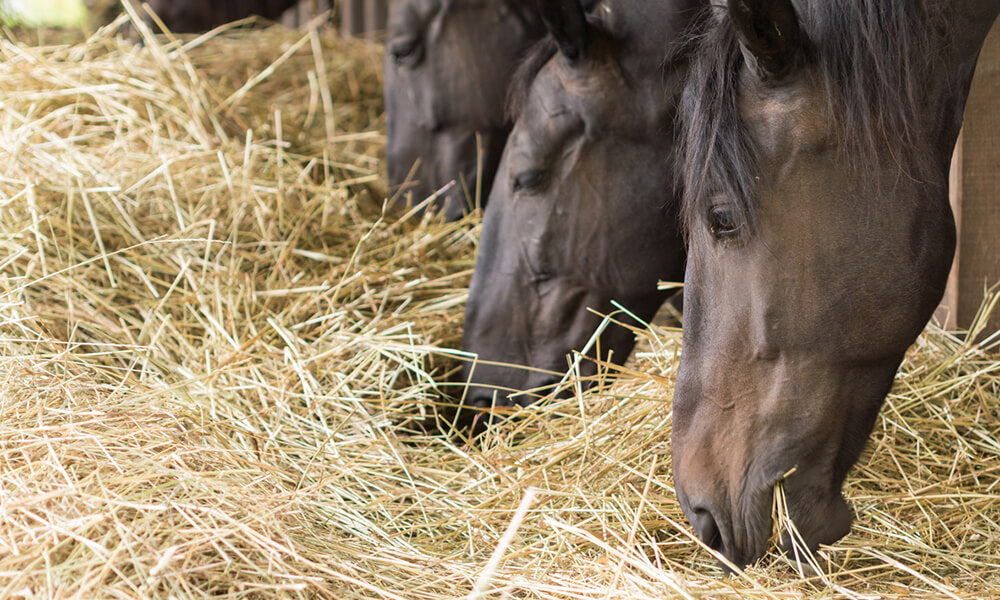Grain-free horse feed is becoming increasingly popular among equine enthusiasts for several reasons. Traditionally, horse feeds were grain-heavy, often including oats, barley, and corn. However, more horse owners are questioning whether grains are beneficial for their horses. This comprehensive exploration of grain-free horse feed will help you understand its benefits and reasons for choosing it for your beloved equine.

Why Consider Grain-Free Feed?
Grains have long been a staple in equine diets, primarily for their high energy content. Yet, not all horses thrive on a grain-heavy regimen. Some horses, especially those with specific health issues, may benefit immensely from a grain-free diet. Certain conditions, such as insulin resistance or laminities, may call for a reduction or complete removal of grains from the diet. Furthermore, many horse enthusiasts believe that a grain-free diet more closely resembles a horse’s natural foraging pattern.
Components of Grain-Free Horse Feed
Grain-free horse feed typically includes a mixture of fiber-rich ingredients such as hay, alfalfa, beet pulp, and soy hulls. Proteins are typically provided by ingredients like peas, sunflower seeds, and other legumes. Meanwhile, essential fats can be sourced from oils like flaxseed or soybean oil. These components aim to provide a balanced diet that can cater to a horse’s nutritional requirements without relying on grain.
Health Benefits of Grain-Free Diets
Many equine professionals advocate for grain-free diets to manage or prevent several health issues.
1. Reducing the Risk of Colic: Grain-free feed can minimize the risk of colic, a common gastrointestinal issue in horses. Colic is often induced by digestive disturbances, which can be exacerbated by grain intake.
2. Improving Insulin Sensitivity: Horses, like humans, can suffer from insulin resistance, which is often worsened by high sugar content found in grains. By choosing a grain-free alternative, you can help manage or reduce this risk.
3. Preventing Laminitis: Laminitis, an inflammation of the tissue within the hoof, can be aggravated by improper nutrition. A grain-free feed helps control this risk by maintaining a more stable blood sugar level.
Learn more about avoiding nutritional deficiencies.
Concerns and Misconceptions
While there are notable benefits to a grain-free diet, it is essential to be aware of some potential concerns. Some horse owners worry that without grains, their horses might not receive enough energy, especially active or working horses. However, with careful planning, the necessary caloric intake can be met through quality hay, forage, and concentrates.
Understanding Balanced Nutrition
Transitioning to grain-free feed requires understanding the nutrient contents of your chosen feed. Balancing carbohydrates, proteins, and fats ensures your horse receives the right amount of energy and all essential nutrients.
Transitioning to a Grain-Free Diet
Introducing any dietary changes to your horse should be gradual to prevent digestive upset. Start by slowly replacing grains with grain-free substitutes, allowing your horse to adapt over a period of weeks.
Seek Expert Advice
Before making any major dietary changes, consult with a veterinarian or an equine nutritionist. They can help you craft a diet that suits your horse’s specific health needs and activity level.
For those interested in exploring more tailored feeds, you might want to read about specific needs, such as senior horse feed or low-sugar options.

FAQs about Grain-Free Horse Feed
What are the main benefits of switching to grain-free feed?
Switching to grain-free can lower the risk of colic, improve insulin sensitivity, and prevent laminitis.
Is grain-free feed suitable for all types of horses?
While generally beneficial, it’s crucial to tailor diet based on a horses specific needs with expert guidance.
How do I ensure my horse receives enough energy without grains?
Utilize high-quality forages and energy-rich supplements such as oils to meet caloric requirements.
We hope this article has enlightened you on the benefits and considerations of grain-free horse feed. Remember, each horse is unique, and their diet should be customized to suit their individual needs.
This article contains affiliate links. We may earn a commission at no extra cost to you.
